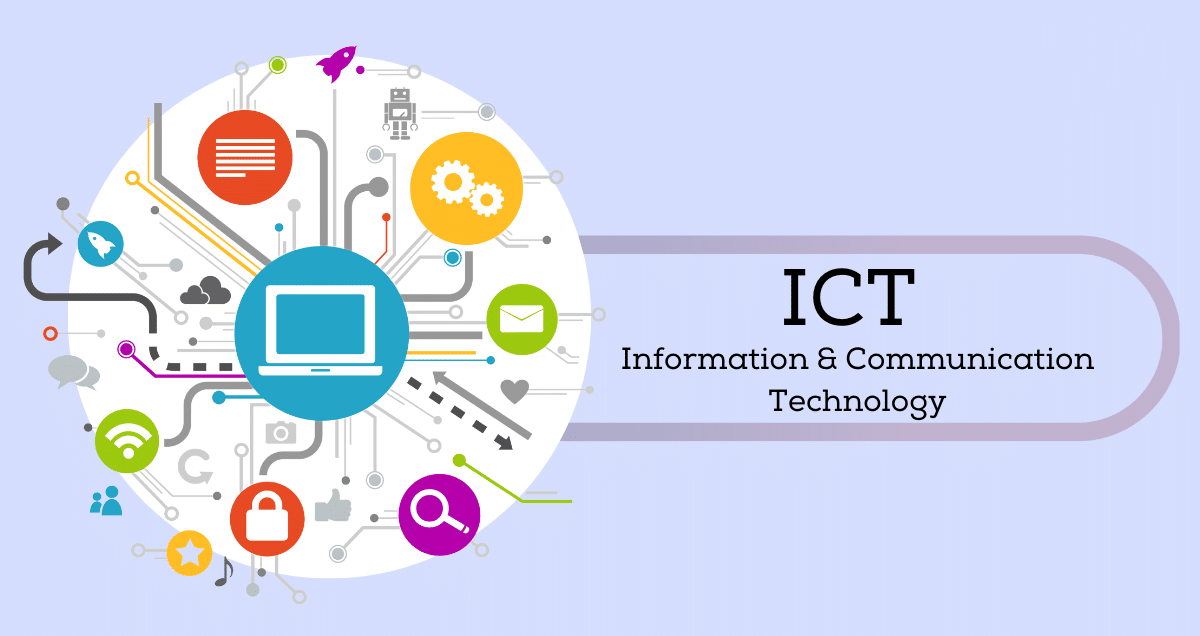1. Knowledge and understanding :
At the end of the module, the student should have an understanding of:
Ø The various stages of cell division
Ø Gametogenesis, fecundation and embryonic development
Ø The structure and functions of various animal and plant tissues.
Ø The differences in structure between various organs of plants and animals.
Ø The differences between various vital functions in plants and animals.
Ø The theories and the evidence of the biological evolution.
2. Practical knowledge
At the end of the module, the student should have an understanding of:
Ø How to recognize using a microscope the various cellular organelles and explain their functions.
Ø How to recognize using a microscope the characteristics of various tissues and to give their functions.
Ø How to locate on anatomical models, the various tissues and organs of the plants and animals.
Indicative content:
Ø Study of the cell: Concept of cell. Prokaryotic and eukaryotic cells, structure, chemical nature and role of the various cellular components. The cell cycle.
Ø Cellular organization and structure;
Ø Different types of cells
Ø Introduction to cell physiology
Ø Plant tissues: parenchymas, meristems, protective tissues, supporting tissues, conductive tissues and secretive tissues.
Ø The anatomical structure of the plant organs: Anatomy of the stem, the root, the leaves and the floral parts. Modes of ramification of the stem. Modes of adaptation of the roots, the leaves and the floral parts
Ø Animal tissues: epithelial tissues, connective tissues, cartilaginous tissues, blood, muscular tissues, nervous tissues.
Ø Anatomy of the organs of the animal body: skeletal anatomy, the muscles, the nervous system; sensory organs of touch, smell, taste, hearing and sight.
Ø Concept on functions: the digestive system and digestion, the circulatory system and circulation, the respiratory system and breathing, the urogenital system and reproduction.
Ø Embryology: Meiosis, gametogenesis, fecundation, types of embryonic development, mechanisms of differentiation.
Ø Outline on the Biological Evolution: Definition of evolution and phylogeny, theories of evolution, evidence of evolution, various levels of evolutionary development, speciation and natural selection.
Indicative bibliographyCourse Description
The course introduces the students to the world of research by providing them with working knowledge of the concepts and methods in the conceptualization and conduct of research. It covers topics on the nature of research, the research problem, related literature, research methodology, sampling, instrumentation, data collection, data presentation, data analysis and interpretation, writing the summary, conclusions and recommendations, the research report and evaluating the research report.
General Objectives
By the end of the course, the students, inter alia, will be able to:
- Understand the meaning, nature, and dynamics of research;
- Master the basic concepts in research;
- Master the techniques in writing the sections of a research paper; and
- Apprehend and appreciate the culture of research.
1. Define research;
2. Differentiate between quantitative research and qualitative research;
3. Name the characteristics of research;
4. Identify the qualities of a good researcher;
5. Name the values of research;
6. Identify hindrances encountered in research;
7. Interpret the schema of the research process;
8. Make use of the different sources of problems;
9. Identify a research problem;
10. Evaluate a research problem;
11. State the problem of a research topic;
12. Write the research hypothesis and null hypothesis of a research problem;
13. Discuss the guidelines in writing the theoretical/conceptual framework of the study, scope and delimitation, significance of the study, and definition of terms;
14. Identify the function, characteristics, and sources of related literature;
15. Differentiate historical, descriptive, and experimental research;
16. Describe the research instruments: educational tests, questionnaire, interview and observation; 17. Apply the guidelines in constructing research instruments;
18. Apply the guidelines in writing the summary, conclusions and recommendations; 19. Apply the guidelines in writing the research report; and
20. To evaluate a research report.
Final Course Output
As evidence of the attainment of the above learning outcomes, the students are required to do and submit the following items during the indicated dates of the term.
Required output
Full-blown research or thesis/dissertation proposal
- Teacher: Aimable NSANZURWIMO

This unit of Introduction to ICT aims to introduce the students to the science of data processing, to familiarize them with the use the computer tools and to enable them to handle basic software such as for example MS Word, MS Excel, MS PowerPoint and the Internet. It will also help them to know how to solve some simple hardware problems. It will equip the students with the theories to make student understand some of the main concepts of ICT at a general level and computer particular. Students shall also understand how information is shared on a network and be accessible by users. The candidates shall also be able to accomplish common Web search tasks using a Web browsing application and available search engine tools and shall be able to use INES digital platforms such as e-learning platform, digital campus platform and digital library platform.
- Teacher: Jean Paul DUSINGIZIMANA

